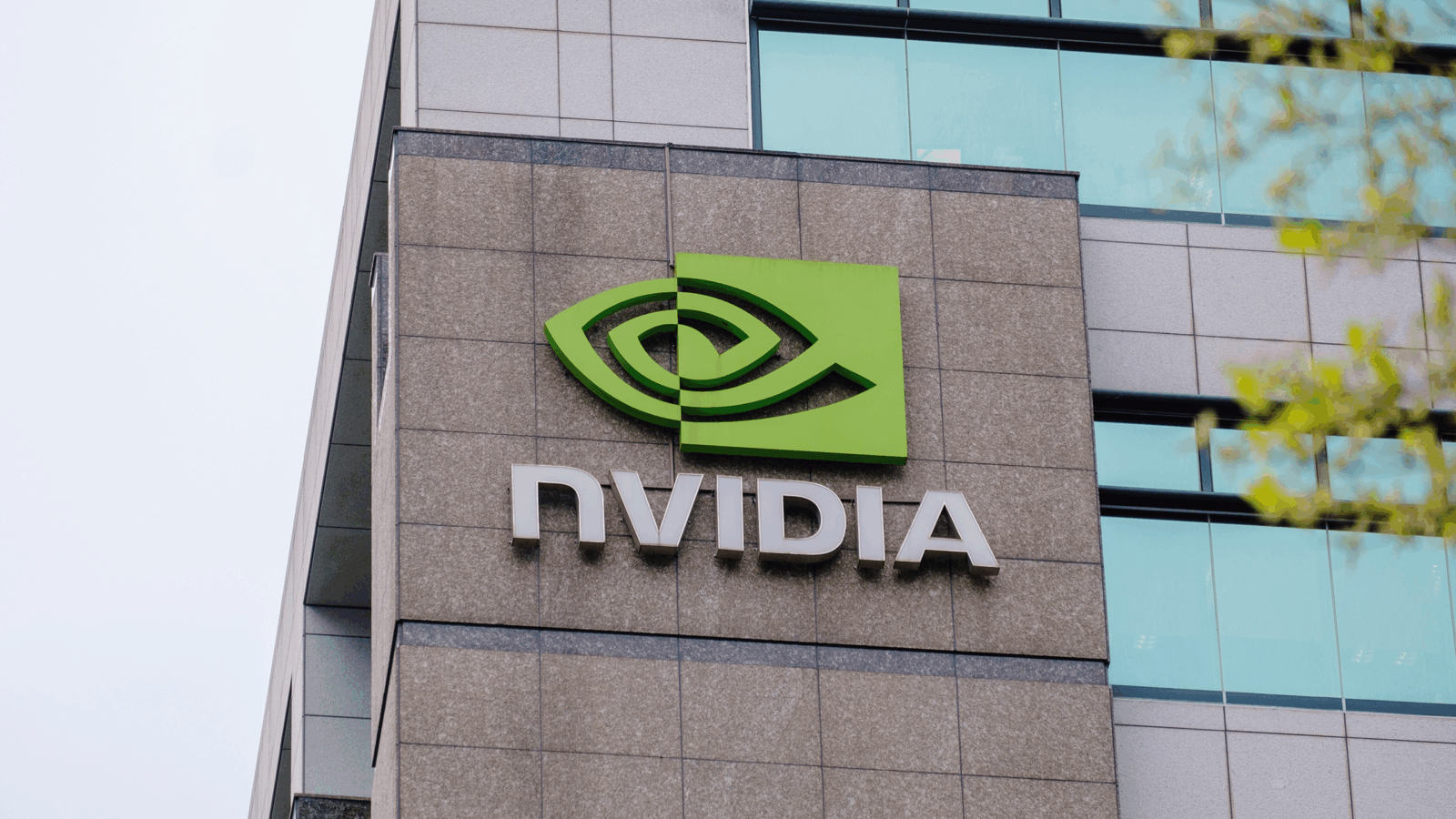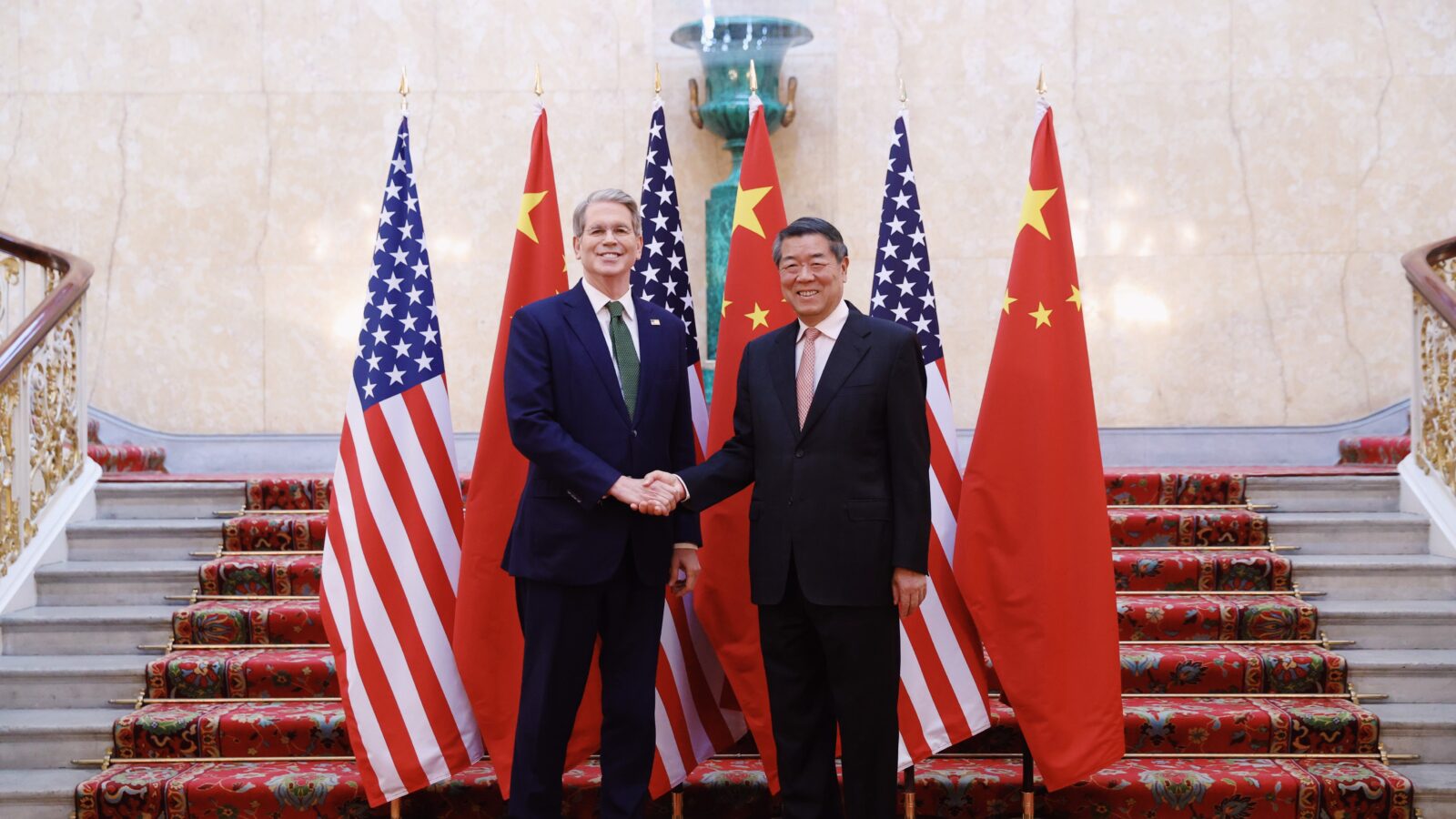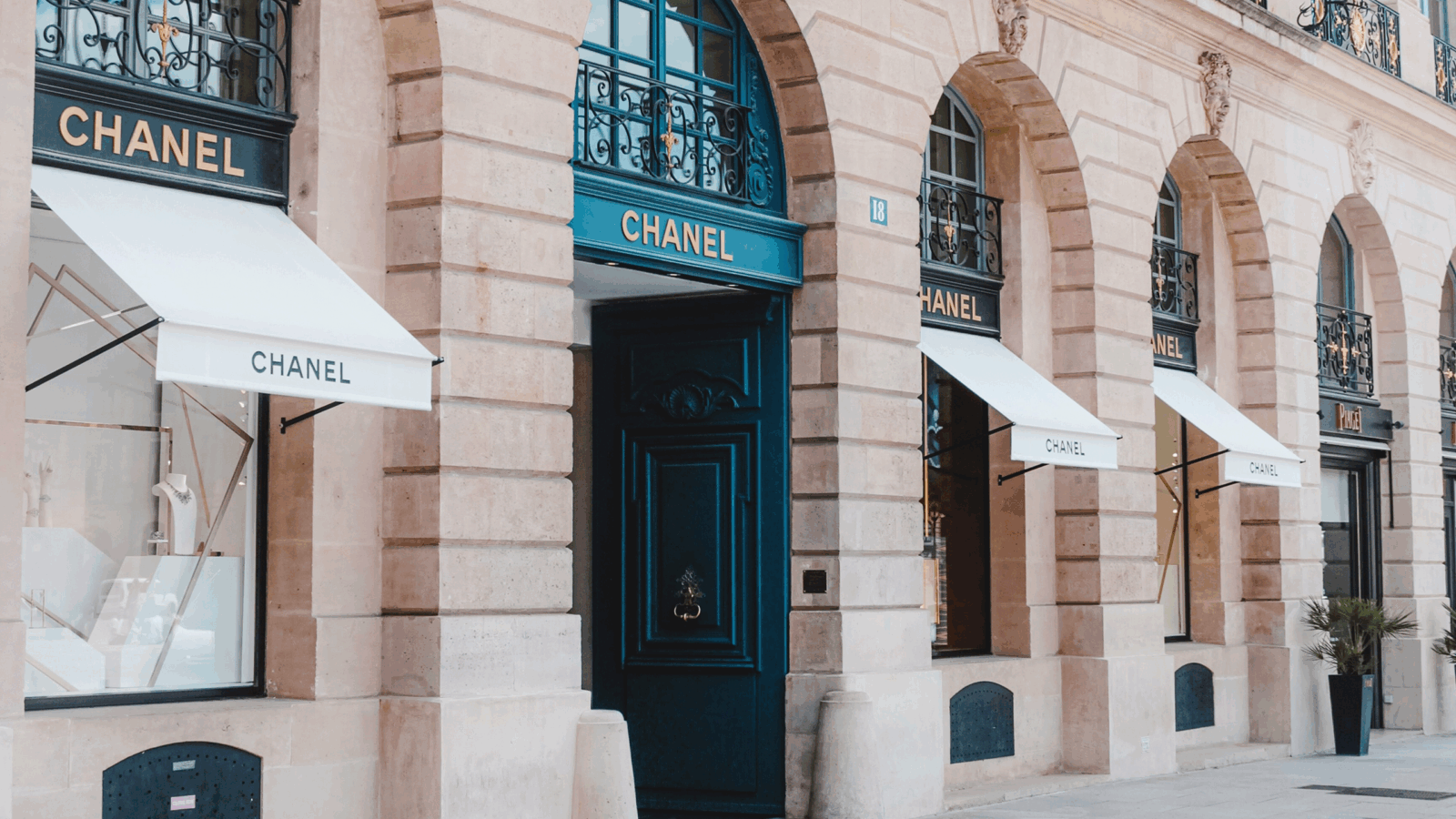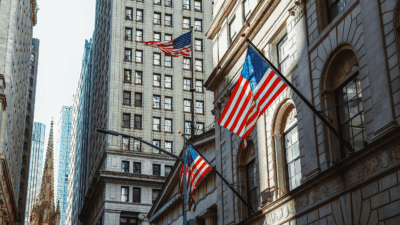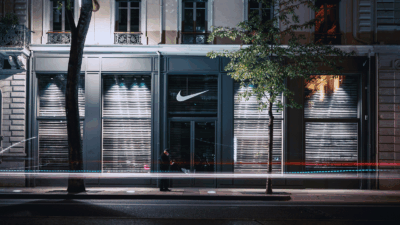EU Presses Pause on Tariff Increases as it Seeks Reconciliation With America
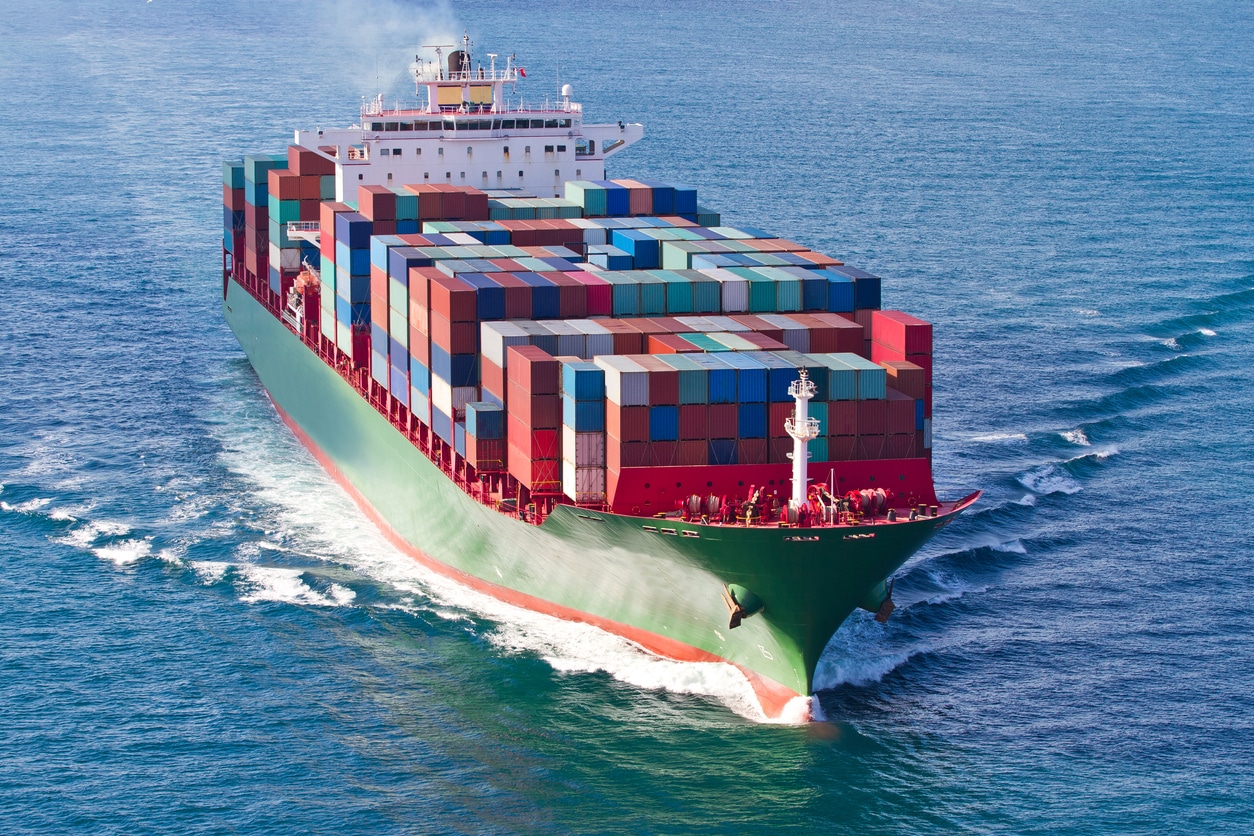
Sign up for smart news, insights, and analysis on the biggest financial stories of the day.
Is there a better way to celebrate letting bygones be bygones than with a toast? Not in this case.
The European Union agreed Monday to pause its plans to raise tariffs on American whiskey, orange juice, and some other, non-libatious goods. It’s a show of good faith towards ending the contentious dispute that started over U.S. steel tariffs.
Tariff Tussle
The saga began three years ago when the Trump administration utilized an obscure Cold War law to slap tariffs of 25% on steel imports and 10% on aluminum imports, designating them a “threat to national security.”
Insulted by this sweeping declaration, EU bureaucrats — who hail from countries considered security allies of the U.S. — retaliated with their own 25% tariffs on everything from motorcycles to peanut butter and OJ to whiskey. And things were right on the verge of escalating further:
- The EU’s tariffs on $4 billion of American exports were set to double to 50% on June 1.
- Instead, the U.S. and EU have each agreed to keep their retaliatory tariffs as-is for now, saying in a joint statement they’ve “agreed to chart a path” out of the dispute.
“Distillers across the United States are breathing a huge sigh of relief after bracing for a 50% tariff on American Whiskeys in just a matter of days that would have forced many craft distillers out of the EU market,” said Chris Swonger, the president of the Distilled Spirits Council.
The Great Steel Wall
Despite taking a seat at the bargaining table, the Biden Administration still faces some tough maneuvering:
- U.S. steel companies have predictably shown broad support for the tariffs, and administration officials believe they’ve saved American jobs.
- But there’s one matter the U.S., the EU, and American producers all agree on: overproduction of steel in China has led to a global glut of basic materials, depressing prices worldwide.
In other words, economic tension between the West and the world’s second largest economy isn’t going anywhere any time soon. With that in mind, maybe the U.S. and EU can commiserate by sharing a stiff drink.
